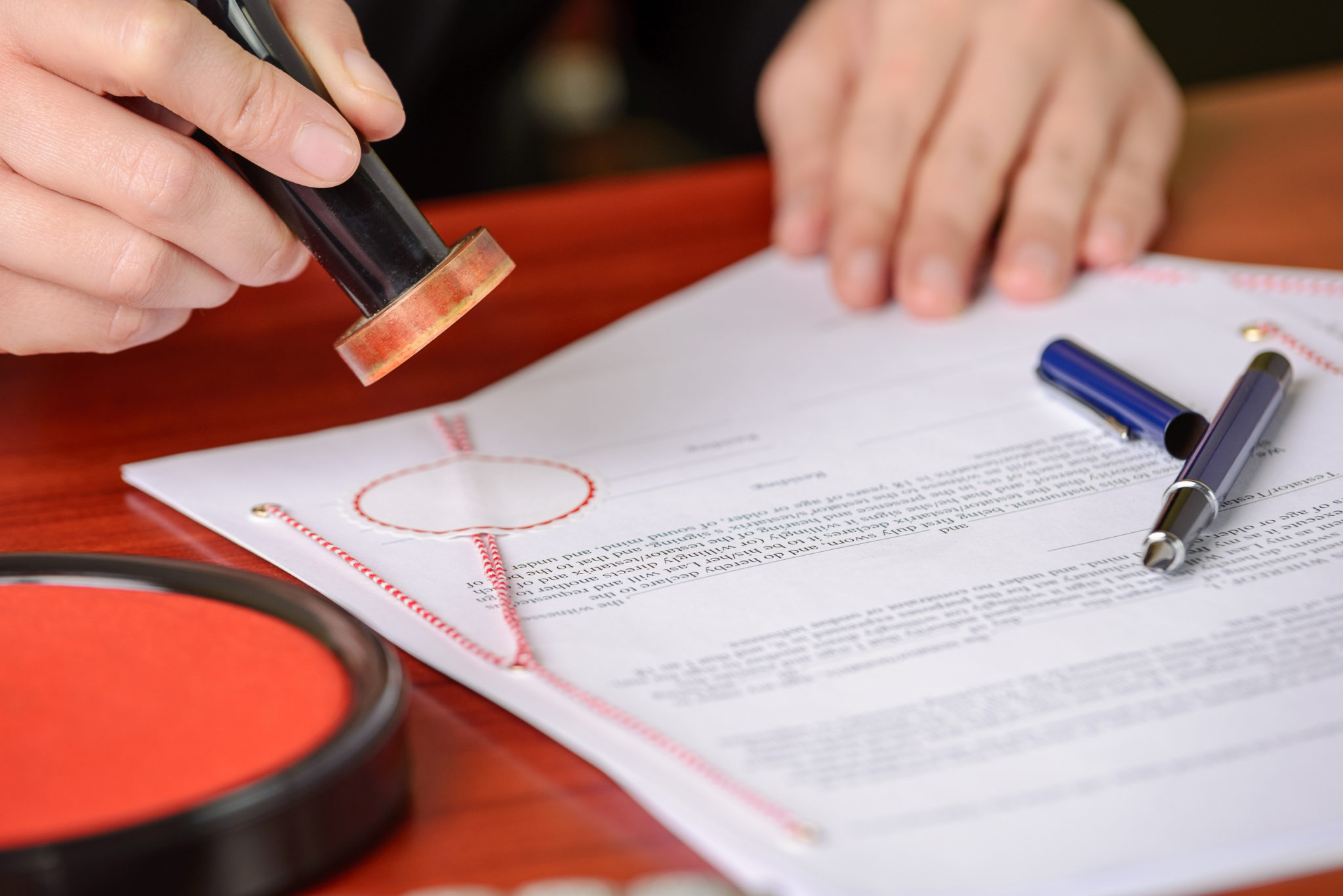
#Notarized in spanish how to#
When there is intervention from someone brought by the participant or requested by the notary, in the event that the former is illiterate, blind, does not know how to sign a document, or if there is a circumstance which means that it becomes difficult to access the contents of the document or to communicate with the notary, all subject to them offering their fingerprints.The circumstance in which an interpreter must intervene, in the event that one of the participants does not speak the language that the deed is written in.The circumstance of bringing in a person to represent another, with a statement of the document that authorises it.The identity documents of the participants and other documents that the notary deems suitable.Name, nationality, marital status and profession or occupation of the participants.This part contains the following information: Constitution of limited and anonymous companiesĪs the official Spanish notary website describes in this page, a notary document has three parts:.Notifications to stockbroker firms from non-exchange transactions over listed securities.Holding part of the price of the sales that non-residents make.Granting permits to immigrants for family reunification.Modification of the matrimonial property regime.Measures in the case of common-law relationships.Protection measures for inheritances with burdens.Protection measures for families with a disability.Informing charitable entities who are recipients of endowments or inheritances that they do not know about.Sending records to the registry of last wills.Declarations to the Register of Foreign Investments.Communication with the local authority about new estates that have been created or handed down.I’ve translated the following two key points straight from the Spanish Notary Official Website: (Signing the official document is the very last part) 8. Here are some of the most common ones that we do as interpreters: Otherwise, the official Spanish notary website states: If both parties agree on going to this or that notary, then that’s all you need. Who must choose the notary in case there are two parties? Have you got any questions so far? Click here and send me an email. The website will only display results if there are any notaries available there: Enter the name of the town you would like to find a notary in and click ‘Buscar’. There are around 3000 notaries all over Spain, so you can choose the one that suits you, which is usually the nearest one, or the one somebody recommended you.Ĭlick on this link and, on the right hand, you will find a box like the one in the picture below.

Afterwards, this document will be sent to the corresponding Notary Department (Colegio Notarial and finally to the History Archive.Ī notary document does not expire.

The original document that contains the signatures is kept at the notary office. Once the final notary document is produced, you will get an attested copy (called “copia autorizada”).

Mission of the notaryĪs described in the official Spanish notary website:Ĭhoose a notary (see next section), and discuss with him/her which sort of procedure you need.

These documents have a legal, authentic and executable nature, which don’t require any further validations, and are recognized and approved by all Spanish public entities, judges, as well as the entire Spanish society. The type of final document produced by a notary is called “escritura pública” (public deeds). Therefore, once a document is validated and signed by a notary, such document will be fully legal and even decisive for trials, complaints, police report, registries, or any other legal procedure. Notaries are both civil servants of the Spanish system as well as Law professionals, dedicated to confirm the nature of a document or testimonies according to Law.


 0 kommentar(er)
0 kommentar(er)
